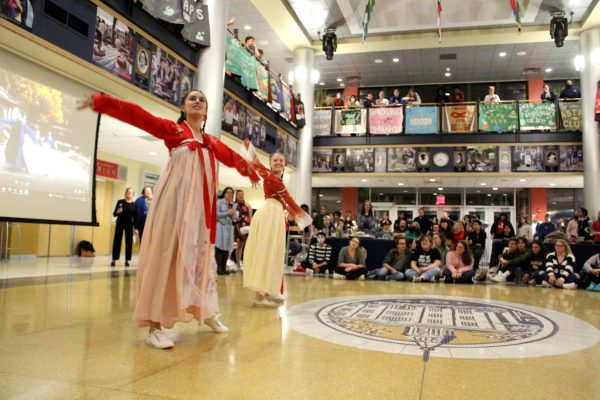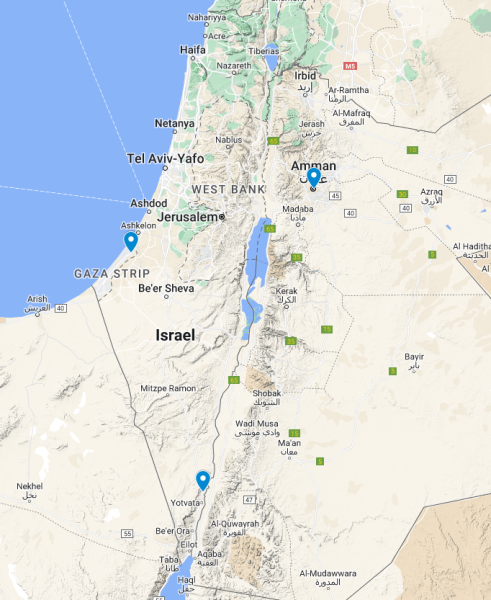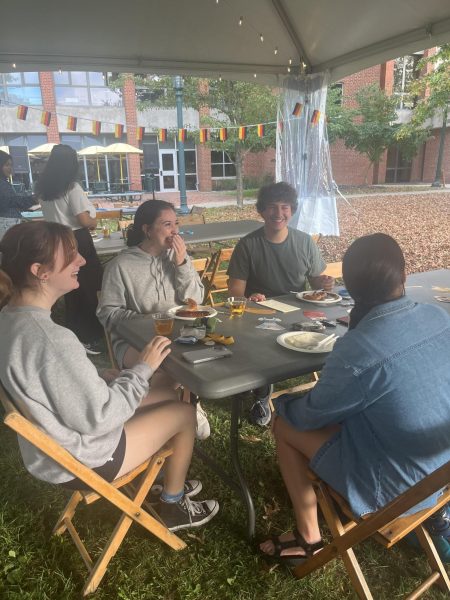Global Health Studies welcomes candidate speakers
Bocast, Singh and Runestad present research to faculty, students
The Global Health Studies Department hosted a series of lunch talks as part of the hiring process to fill an open position for a new faculty member over the past two weeks. Each of the three candidates presented on research they have conducted abroad, allowing their audiences to learn about their work and catch a glimpse of their teaching style.
Assistant Professor of Biology and Global Health Studies Becky Dawson, a member of the selection committee that aids in the hiring process, explained the criteria used in selecting the newest member of the Global Health Studies Department.
“In this case, we’re really looking for somebody that does ethnographic research and has international health experience, who has actually worked abroad and has close ties with some kind of international position,” Dawson said.
The three candidates asked to speak were selected through a process that included Skype interviews and discussions between the search committee and Provost and Dean of the College Ron Cole.
The series of talks, which took place in the East Alcove of Schultz Banquet Hall, began with a presentation titled “Sex and Sensitization in Uganda: Mediations of Modern Womanhood in Kampala, Uganda” by Brooke Bocast on Jan. 29.
Bocast, who has a doctorate in anthropology and several years of teaching experience in both the United States and in Africa, conducted her research on the mixed cultural messages directed at young Ugandan women. Bocast lived with and studied the lives and sexual relationships of female students at Makerere University in Kampala, Uganda.
“For women, being educated now implies an impropriety,” Bocast said. “My work illuminates a long-standing paradox. In the public health image, the woman desires the commodity, whereas in the tabloid image she already has them.”
Bocast went on to explain the ways in which government-commissioned public health messages urge university women to avoid sexual relationships with older men in exchange for goods and payment, while tabloids encourage and praise young women for being “desirable” enough to enter these relationships.
The second talk, given by Holly Donahue Singh on Feb. 1, also discussed international women’s health issues. Titled “Reproductive Inequalities and Everyday life: Local and Global Contexts of Infertility in India,” the presentation explained Singh’s findings on how infertility and the stigma around it affects Indian women and families.
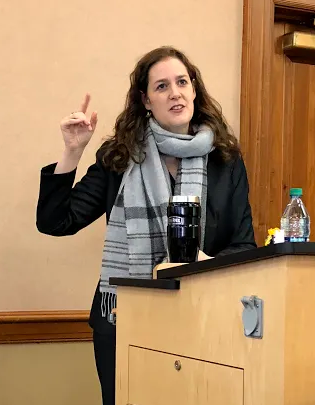
Pamela Runestad presents her talk on HIV, food and maternity on Monday, Feb. 5, 2018.
Singh, who also has a doctorate in anthropology, examined dynamics related to gender and caste in her research on infertility performed over several years spent in northern India. She said the issue receives little attention in a country where the stereotypical family is a large one with many children.
The last of the talks was given by Pamela Runestad. Runestad followed the theme of women’s health while shifting to the way diet interacts with patient well-being in “Negotiating Meals: Food and HIV, Food and Maternity.”
Runestad presented her findings while also explaining the research process itself, saying her initial research while living in Japan was focused on HIV. Both her personal experience with Japanese maternal care and interactions with Japanese HIV patients, however, revealed a unique approach to food not only as a source of physical health, but also as a source of education and of mental well-being.
Students said they enjoyed the opportunity to learn about subjects they may never encounter in a classroom.
“For me, going to events — or, I guess lectures and talks like this — is just a way for me to kind of broaden my understanding of what I’m studying and to learn about stuff that I would probably have the chance to learn about under no other circumstances, right? Like, all these talks are very niche, which is great, you know?” Maura McCampbell, ’20, said.
Madeline Fodor, ’20, shared this appreciation for the chance to gain a deeper understanding of research she found fascinating. Fodor also commented on the ways in which the speakers presented their findings.
“They all had different teaching styles — pretty unique teaching styles — and the way they engage with the students and the audience is very unique,” Fodor said. “I think they all did a really good job and kind of gave different perspectives.”
These teaching styles and the content of the presentations will help the selection committee as they move into the final steps of the hiring process, according to Dawson.
“So the search committee will meet again this week, and you know, again, it’s not a one–and–done kind of process,” Dawson said. “So we meet, we discuss, and we take our comments to the provost, and he brings his ideas to us, and we’re all looking for the person that can bring the most to Allegheny in terms of research [and] teaching.”
Associate Professor of Spanish Wilfredo Hernandez, who has been interviewing the candidates, is optimistic about the outcome of the hiring process.
“I would be happy to work with any of them. I think each one brings something different and unique to the table,” Hernandez said.
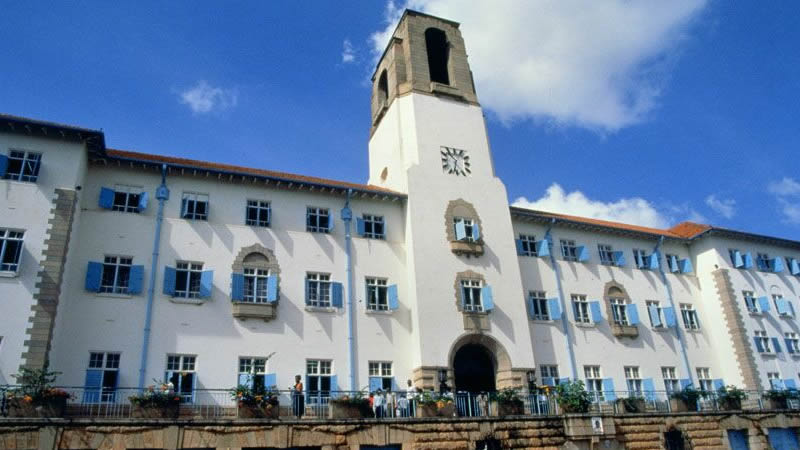
Brooke Bocast performed research by living with young women who were students at Makerere University in Kampala, Uganda.






